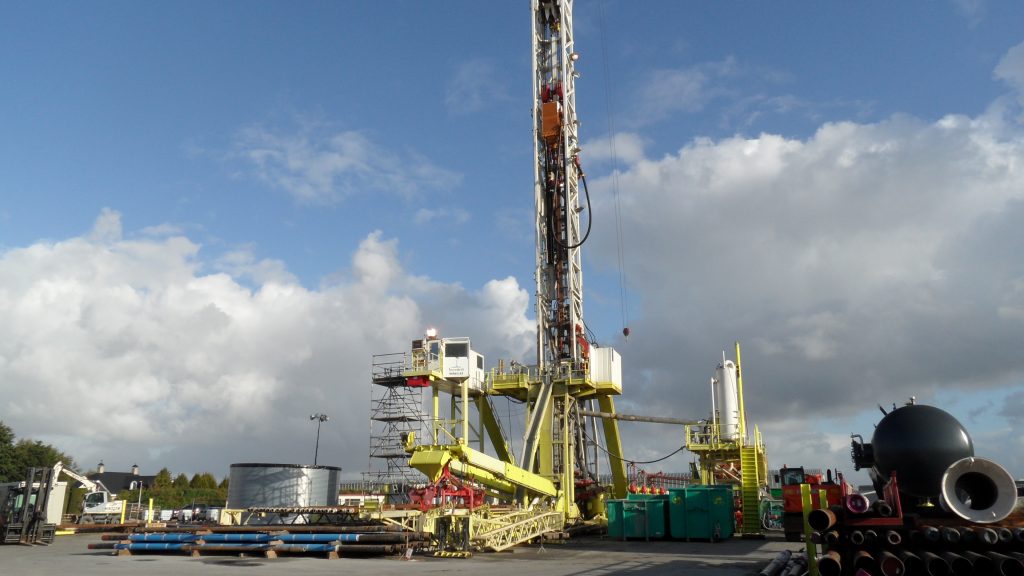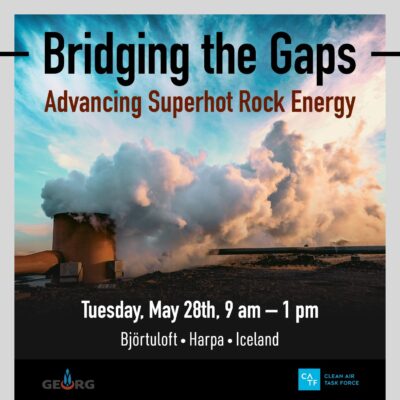Industry sees positive impact of recent geothermal acquisition by Engie in the Netherlands
The recent acquisition of a geothermal player in the Netherlands by Engie, shows the impact of the mining act that requires in-house geothermal expertise for companies developing geothermal projects, as well as a sign for a sector growing in the country.
Last week, we reported on the acquisition of Hydreco Geomec by Engie. The impact might be felt beyond the actual acquisition in the industry.
Frank Schoof from the Geothermal Platform confirms that the acquisition will create a major player in the field of geothermal energy in the Netherlands. The financial strength of Engie is nicely combined with the operational knowledge of the exploitation of a geothermal source by Hydreco Geomec. Schoof does not dare to say whether the largest player in the Netherlands is also emerging, as Engie claims in a press statement. “I would certainly not disregard ECW with four or five doubles in the Wieringermeer.”
According to Schoof, the acquisition was prompted by the fact that the licensing authority requires that owners of geothermal sources themselves have in-depth knowledge of the technology and its consequences. “In the event of problems, they should never hide behind a lack of knowledge, because they have outsourced everything to subcontractors and advisors. That is a precautionary principle that is strongly anchored in the Mining Act and that is based on the fact that the subsoil always remains an uncertain factor. ”
Schoof emphasizes the safe nature of geothermal energy, but also points to two things that could go wrong in theory. The first is that a contamination occurs in the deep subsurface, which requires a complex and expensive remediation operation. In addition, it is not excluded that seismic activity will arise in the future as a result of the extraction of deep geothermal heat. For this, too, the licensing authority requires that the owner is not only wealthy, but also has sufficient knowledge. “Compare it to the discussion about the earthquakes in the Groningen gas extraction areas. No matter how much discussion it led to, it was nice that there was a wealthy partner with NAM who was also competent in the field.”
With the ‘expertise requirement’, according to Schoof, the government wants to scare off cowboys and speculators. After all, extracting deep geothermal heat is one of the technologies that will play a key role in the energy transition. The first geothermal projects that were set up around 12 years ago in the Netherlands were often gardeners who were themselves developers, owners and managers. Now that entire residential areas, cities and regions with geothermal energy and heat networks have to be heated due to the energy transition, this requires a different type of player. Engie’s takeover of Hydreco Geomec is a clear example of this.
Source: CoBouw


















